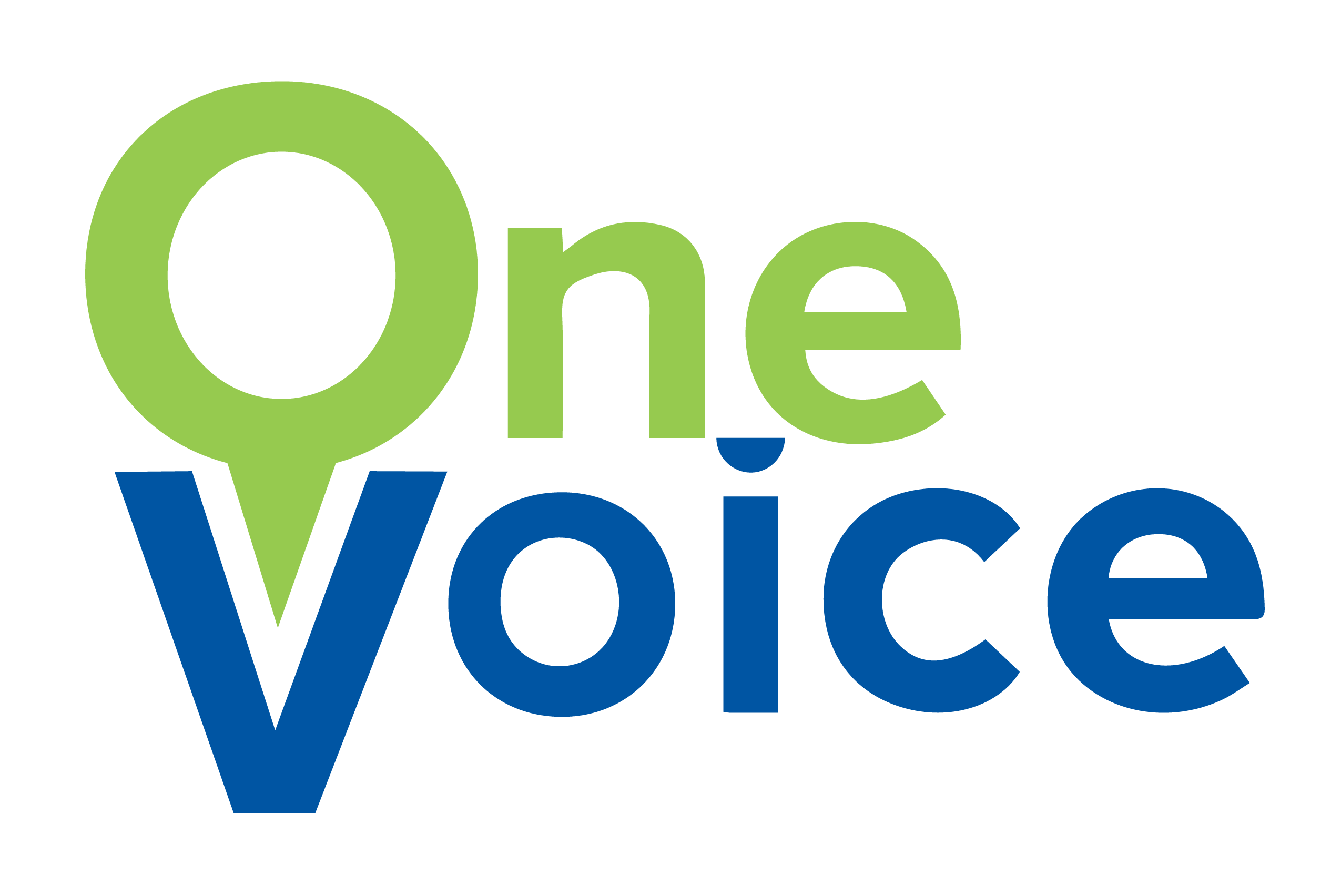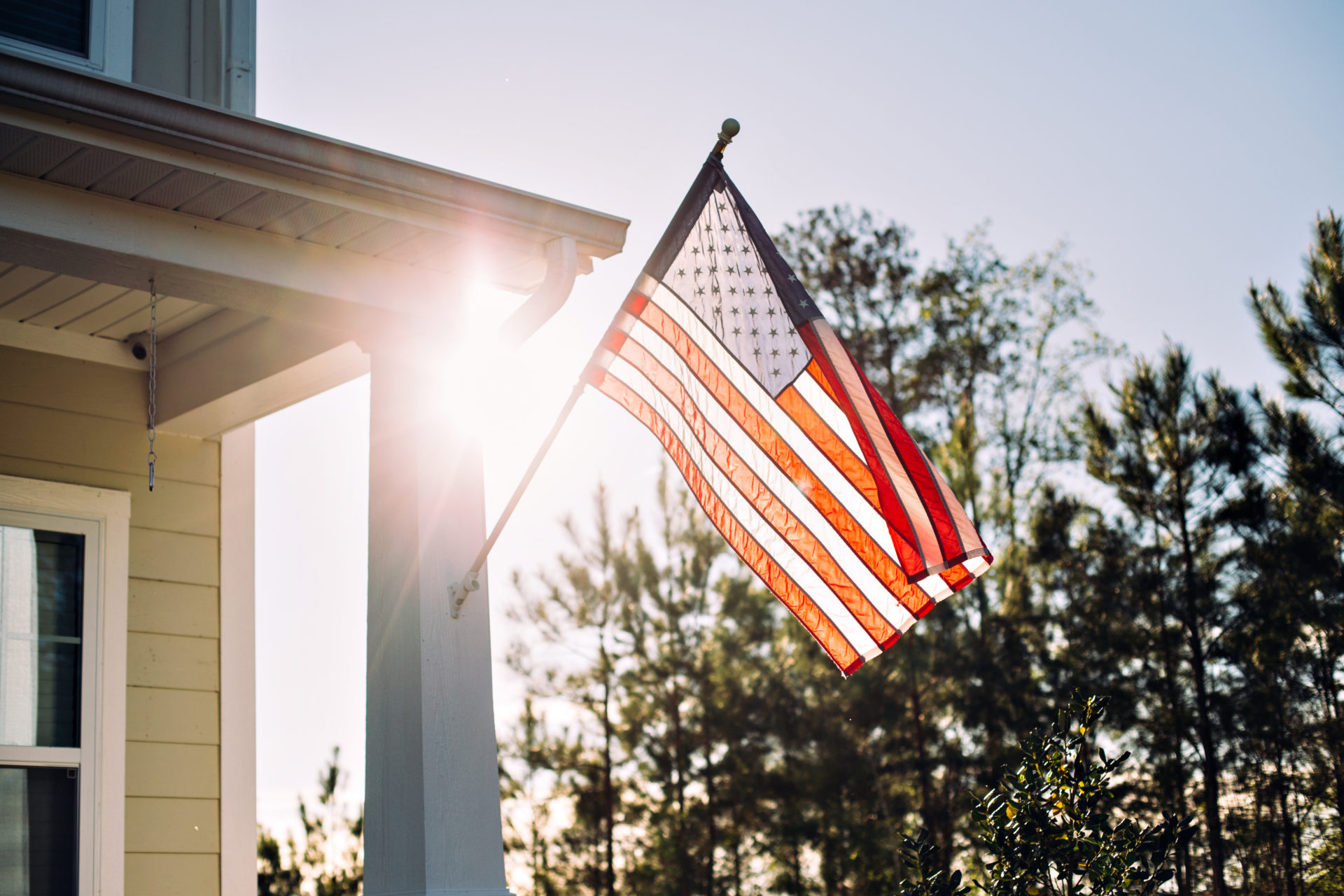The American Rescue Plan: To Ensure a Just Recovery, Mississippi Must Implement and Build on Federal Relief
by Kyra Roby
The American Rescue Plan is providing Mississippi with a historic opportunity: State and local lawmakers can use this substantial federal relief to invest in a just economic recovery that will leave us all with a better economy and stronger communities than we had before. To ensure we all thrive, Mississippi policymakers should think strategically about how to 1) spend these one-time federal relief dollars where they are most needed and 2) use state resources to sustain their impact over the long term. Most Americans (73 percent) support the rescue package because it prioritizes families’ health and wellbeing – no matter who they are, where they come from, or what’s in their wallets. Our state and local lawmakers can create better opportunities for all Mississippians by raising the revenues needed for transformative investments in education, health care, and policies that strengthen economic mobility and racial equity.
The American Rescue Plan provides Mississippians an estimated $6 billion in federal coronavirus relief. This includes nearly $3 billion for state and local government, $1.6 billion for K-12 education, $429 million for colleges and universities, and $166 million for capital improvement projects. Altogether, states, local governments, and tribal nations across the county will receive $350 billion in aid for stimulus payments, tax credits for children, nutrition assistance, housing assistance, money for agriculture, money for healthcare, enhanced unemployment benefits, and other much-needed community investments.
Strong federal and state investments in the services communities rely on, such as education and healthcare, are essential to Mississippians’ recovery and future progress. The American Rescue Plan provides considerable K-12 and higher education aid that state and local lawmakers can use to address the state’s “digital divide,” support distance learning, assist with the implementation of public health and safety measures, and fund school nurses and mental health counselors.
But after years of underinvestment in the state’s education system, we cannot rely on federal relief alone. State and local lawmakers should also use this opportunity to fully fund education and to invest in high-quality childcare, early education, and higher education – investments that will build opportunity for all children and promote equity across the state. It is past time to realize that schools are not just places where students go to class. They play vital roles in student health, nutrition, and safety―before, during, and after the school day.
Greater investment is also needed in public health. The American Rescue Plan increases the Affordable Care Act (“ACA”) premium tax credits, expands the state option to cover COVID-19 testing for people who are uninsured, gives states the option to extend postpartum coverage to people receiving Medicaid pregnancy coverage for 12 months, and provides a 10-percentage-point increase in the federal share of states’ spending on home-and community-based services.
The Plan also offers a strong incentive for Mississippi―one of the 14 states that have not yet implemented the ACA’s Medicaid expansion―to expand Medicaid. According to the Urban Institute, Medicaid expansion could provide affordable healthcare to approximately 207,000 Mississippians, the majority of whom are Black, Hispanic, and other people of color. This Medicaid expansion incentive increases the amount the federal government pays towards a state’s Medicaid expenditures from 90 to 95 percent of the cost of coverage for the first two years after a state expands. Altogether, Mississippi would receive an additional $890 million in federal funding if lawmakers expand Medicaid, according to the Center on Budget Policy and Priorities. As with education, years of underinvestment in healthcare have made it more essential than ever that our lawmakers tap into these federal resources to improve the health and well-being of our communities.
In addition to these much-needed investments, state and local lawmakers should target federal and state relief to those most in need, including essential workers, communities of color, people experiencing homelessness, households with low incomes, and those hit hardest by COVID-19 and the economic crisis. Lawmakers should supplement federal assistance by implementing a state-earned income tax credit and child tax credit. They should also provide additional supports to families, such as income assistance, housing assistance, and food assistance. Additionally, they should reform unemployment insurance, implement a state minimum wage, and further invest in workforce development. When lawmakers provide support to communities hardest hit by the pandemic, they help all Mississippians meet their needs and reach their full potential.
And finally, state and local lawmakers should advance antiracist, equitable policies. Many of the policies that states adopted in the aftermath of the Great Recession worsened long-standing inequities based on race, ethnicity, and income. Lawmakers can use this opportunity to help tribal governments harmed by the pandemic, eliminate criminal legal fees, and base fines on the ability to pay and implement state-level emergency and permanent paid leave policies. Forward-looking, antiracist, equitable tax policies and public investments are essential to aid Mississippi in getting through this crisis, and the next one.
The truth is Mississippi went into the COVID-19 pandemic without the infrastructure and tools we needed. Decades of tax cuts and underinvestment in critical public services resulted in growing inequities for our Black, Brown, Indigenous, and immigrant communities. Mississippi lawmakers cannot rely on the federal government to make up for years of state failures; nor should they wait until next year to do their part. We may not yet be done with COVID-19, but we can start rebuilding now.


Leave a Reply